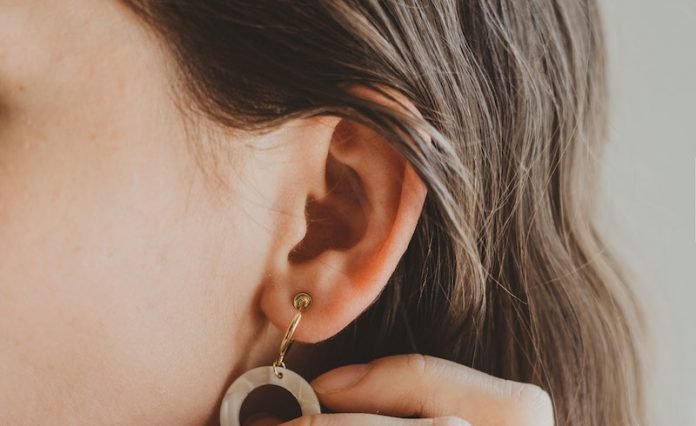
Do you hear sounds that no one else can hear? It might be a ringing. A clicking.
Or maybe a buzzing, hissing, or humming.
Hearing such noises can be disconcerting—especially if they don’t go away. Some people hear these noises for a few hours. Others may hear them for a lifetime. This condition is called tinnitus.
About 10% of U.S. adults have experienced tinnitus that lasted for at least five minutes in the past year. The noise can be soft or loud, high pitched or low pitched. You may hear it in one ear, or both.
Most of the time, tinnitus isn’t a sign of a serious health problem. Many people experience temporary tinnitus after going to a loud concert or event.
But it can also be a sign of damage to your inner ear and its connections with the brain. If it doesn’t go away or gets worse, tinnitus can make it hard to hear, concentrate, or even sleep.
Many things increase your risk for tinnitus. “Noise exposure is a very common cause,” says Dr. Fan-Gang Zeng, a hearing and speech expert at University of California, Irvine.
People who work in noisy environments can develop hearing damage and tinnitus over time. Examples include factory and construction workers, road crews, musicians, and military service members.
“Aging and many drugs, including aspirin, also increase your risk of tinnitus,” Zeng says. More than 200 drugs are known to cause tinnitus when you start or stop taking them.
If you’re experiencing tinnitus, see your health care provider. There’s no test to diagnose it. But your doctor can check for possible causes.
They can see if anything is blocking your ear canal. They can also look for medical conditions or medications that may be causing it.
If they don’t find anything, they may refer you to an ear, nose, and throat doctor (ENT) or an audiologist.
These specialists can determine if you need to be tested for hearing loss. Many people with hearing loss experience tinnitus, but it’s not clear why.
Zeng says that, in certain cases, tinnitus may help protect the brain. Some brain areas may no longer be active after hearing loss. That may lead to brain cell loss.
Zeng’s study found that people with both hearing loss and tinnitus are less likely to have cognitive decline than those who had hearing loss alone.
He speculates that tinnitus may help keep certain brain areas active despite hearing loss.
But not everyone who has tinnitus has hearing loss. For those who do, hearing aids or surgical treatments for hearing loss may help.
There is currently no cure for tinnitus. But some treatments can help you cope—see the Wise Choices box. Researchers are also looking for new ways to treat tinnitus.
For example, Zeng’s team is testing ways to stimulate the nerve that goes from the inner ear to the brain, called the auditory nerve. His team hopes this can help reduce tinnitus.
If you care about health, please read studies about how COVID-19 damages lungs, and the nose shows why some people get severe COVID-19.
For more information about health, please see recent studies about the cause of lung cancer in never smokers, and results showing this diabetes drug could treat lung inflammation in COVID-19.



